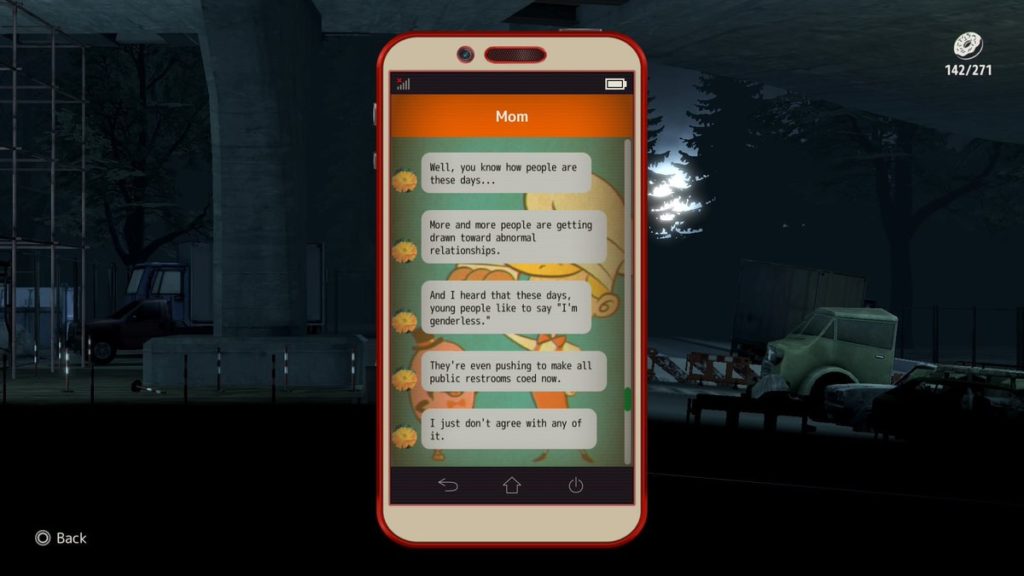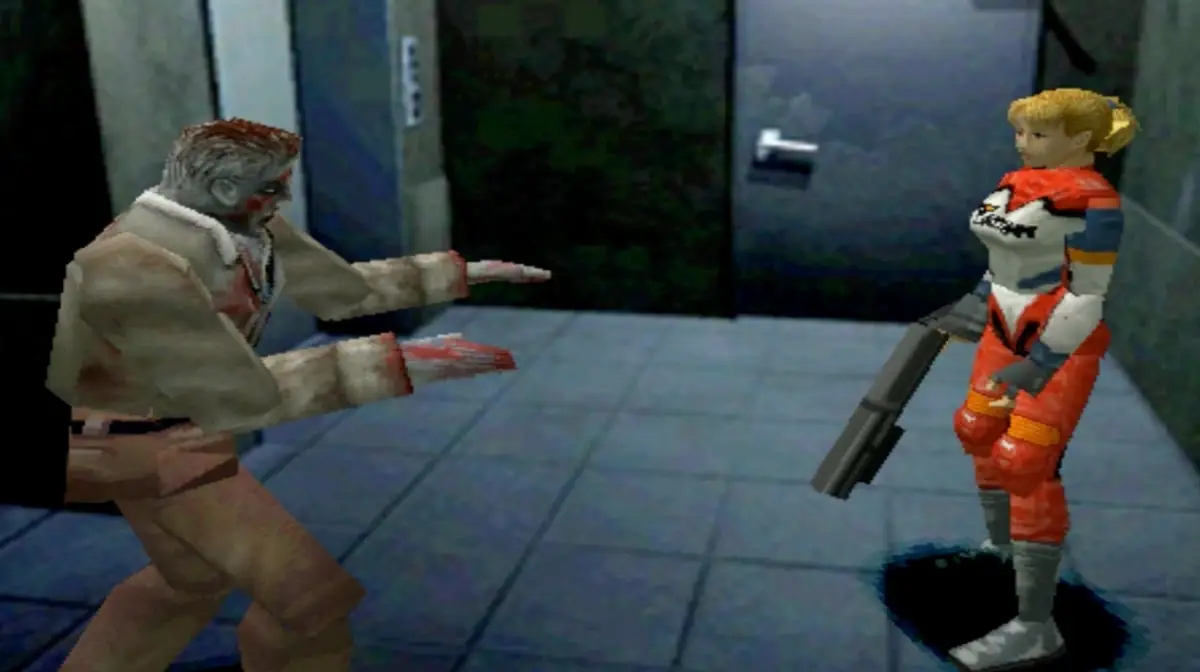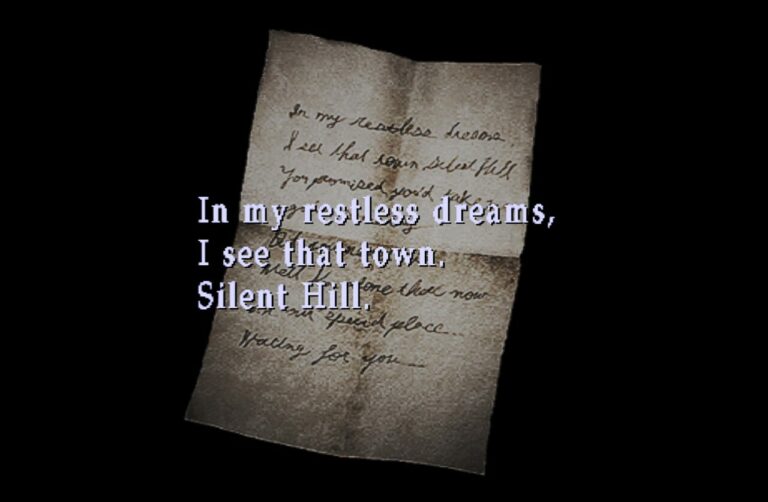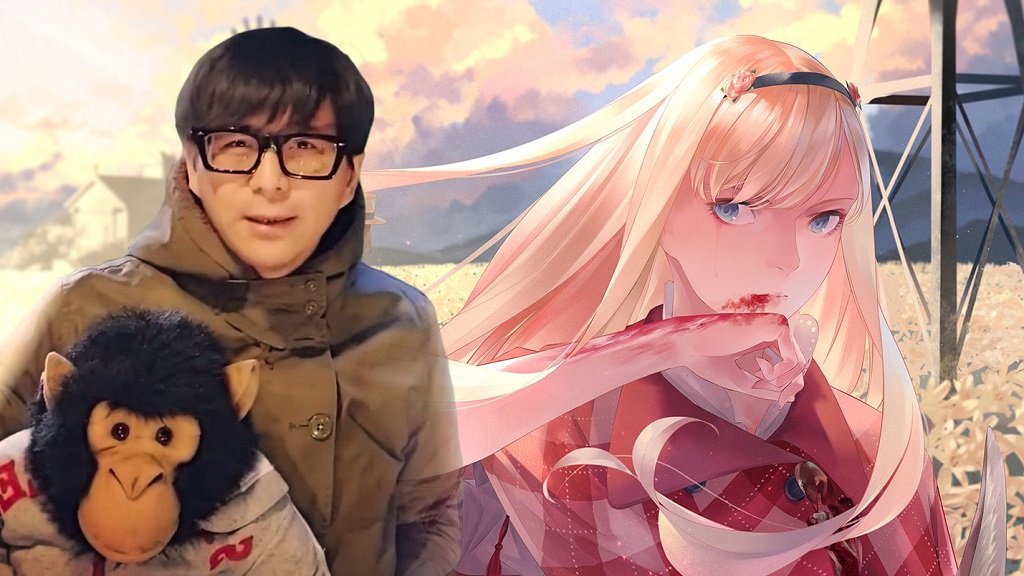
Late last month SWERY’s The MISSING of J.J. Macfield and the Island of Memories released on multiple platforms, surprising everyone with its inclusion of LGBT+ themes. It is really no surprise that The MISSING has received a fair amount of praise thus-far with its unique mechanics, story-telling elements and narrative. We were given the opportunity to interview SWERY himself about his inspirations for this puzzle-platformer and his reason for exploring this type of narrative and struggle within The MISSING.
Rely on Horror: The MISSING of J.J. Macfield and the Island of Memories is puzzle-platformer, why did you choose this style of gameplay for The MISSING?
SWERY: I decided on the puzzle-platformer style of gameplay for two reasons.
Firstly, the horizontal scrolling action genre is one that has inspired me since I played them when I was little. I’ve always wanted to create a game like that, but by the time I became a game creator, this genre was largely absent from the Japanese game industry. However, in recent years, with the release of games like Limbo, Inside, and Ori, the horizontal scrolling puzzle-platformer became re-popularized, making it easier for me to start creating one myself.
Secondly, I was inspired by movies and TV series that utilize the one-cut method (a long scene taken in a single cut). When I was brainstorming how I can make this happen within my small White Owls studio, I arrived at using the horizontal scrolling action style. This way, I can tell a story without needing to cut to different scenes.
Rely on Horror: How would you describe the elements of horror in The MISSING? Would you say it lends itself more to social anxieties and fears than it does to other more typical themes found in other horror titles?
SWERY: With the game’s completion and release, I feel that I put everything I wanted to say about the themes into the entire experience.
I would like for the players themselves to take away their own personal feelings from this game, rather than me prescribing my specific meanings to it.
Rely on Horror: The enemies in The MISSING are quite unsettling – what was the inspiration behind their design?
SWERY: This game tells J.J.’s personal story, and so everything that appears in the game is a reflection of her personality and mind. At the same time, the game is designed to find a common ground with a worldwide audience. I worked on making the designs in this game both personal to J.J. and global to many, many people.
Rely on Horror: Due to the nature of the final boss, are they all evocative of something J.J. is struggling with in reality?
SWERY: As I mentioned, I leave the interpretation of the themes to each individual player’s experience.
So if this is the conclusion you came to, then it is the correct “answer.” If someone else came to a different conclusion, they too have the correct answer. The point of The MISSING is to have each player reflect on the story and combine it with their experiences to reach a conclusion of their own.
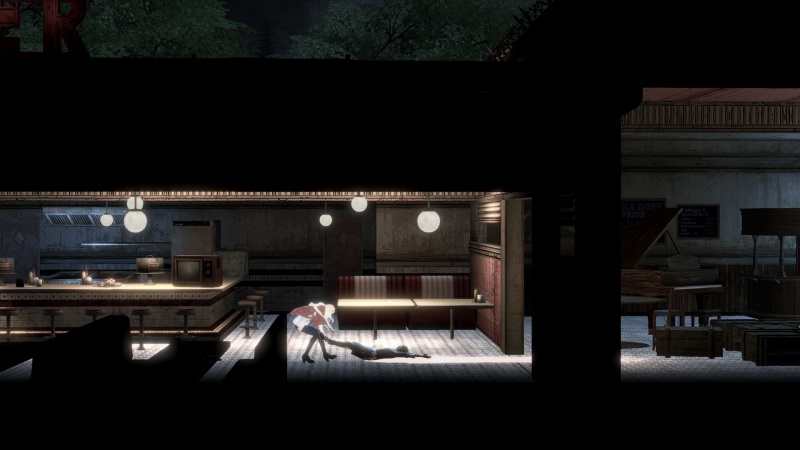
Rely on Horror: Using self-harm as both a storytelling and gameplay mechanic is a very interesting choice. What was your idea behind this? And what were your thoughts on making this reflective of J.J.’s personal suffering?
SWERY: A side-scrolling action game consists mainly of the level design, objects, and enemies. Gameplay is established when the player’s abilities (jumping, attacking, etc.) interact with said environment. However, I wanted to incorporate an additional layer: using the player themselves as a part of the puzzle.
This title was born with the conception of this gameplay, which triggered the game design, and then we created the appropriate characters and stories for it.
All of the elements were unified, rather than conceived out of whim or coincidence. The final game is a result of constantly thinking and analyzing, contemplation and conflict, and grasping each idea as it dawned at the moment.
Rely on Horror: Throughout the game players can collect donuts to receive text messages from various characters indirectly present in the narrative. Was there any reason you chose to explore the themes and characters of The MISSING through this mechanic?
SWERY: Since I wanted to illustrate the story in a single ‘cut’, carrying on text conversations via her smartphone was the best way to do this. I also made sure to present J.J.’s story with care and attention, so that players could understand who she was in her everyday life.
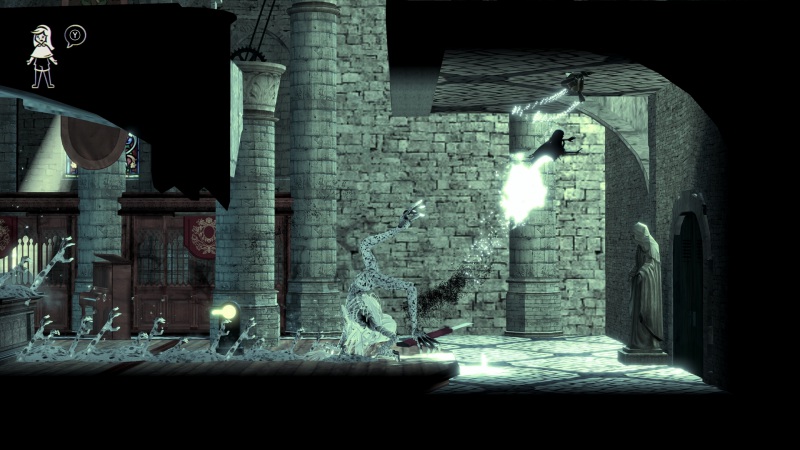
(The following questions and answers contains spoilers for The MISSING of J.J. Macfield and the Island of Memories and Deadly Premonition, please go to the end of the interview if you would like to avoid them.)
Rely on Horror: The text messages sent by J.J.’s mother were extremely visceral. As an openly identifying transgender person these messages resonated with me on a very deeply personal level. Did you consult any transgender people to draw from their personal experiences when writing?
SWERY: We worked with transgender individuals, other minorities, psychology professors, and students on this title. Also, as a Buddhist priest myself, I thought deeply about the contents of this title and approached the creation with the utmost care and sensitivity.
There are many shocking scenes in this game. However, I made sure that it always came back to this game’s central message that “this title was made with the belief that no one is wrong for what they are.”
This message is true for the character of J.J.’s mother as well. She is also not wrong for being who she is.
Rely on Horror: On your Twitter you mentioned that The MISSING is a story for everyone yet the narrative of THE MISSING explores queer and transgender identities as the core experience of the story.
SWERY: The MISSING is J.J.’s personal story, but at the same time, I wanted this game to be something that everyone could relate to on their own. This title is not aimed *at* any specific group of people–it is *for* everyone. I believe that all people are in some ways a minority, and at the same time, in other ways, a majority.
This is because perspectives and positions vary from person to person, and everyone has something they are dealing with.
As previously mentioned, “this game was made with the belief that nobody is wrong for what they are.” This game is rooted in this central message.
Rely on Horror: In one of your previous games, Deadly Premonition, there was criticism about the character of Thomas and their portrayal as a transgender individual both before and after their death. With how The MISSING treats queerness in such a vulnerable and honest way if you could change the character of Thomas to more keenly reflect a more accurate representation of queerness would you? And if so in what way?
SWERY: Deadly Premonition and The MISSING operate under completely different themes. In the case of Deadly Premonition, the story is about evil exploiting the weaknesses in our hearts. The main character, York (Zack) carries around a heavy trauma; gender disassociation disorder is her identity. In the world of Deadly Premonition, anybody can become evil or good. This is the setting where Thomas’s character, world view, expression of love, weakness, and life environment develops—the where and how and why she chooses to live the life that she did.
It was not out of misunderstanding about transgenderism that the character Thomas was portrayed in that way, but out of consideration of the country town of Greenvale (modeled after a real location in America) that this “sad story” was born. Thus, Thomas never needs to change. To change her is to reject her personality and to discriminate against her life.
This would be a self-righteous way of thinking that would reject the core message of The MISSING: no one is wrong for who they are.
Rely on Horror: The ending of The MISSING closes on something of an open end with J.J. telling Emily that they “…finally understand who they are now.” Is the ending and how J.J. will present after the credits roll open up to the interpretation of the player or is it safe to assume that J.J. will choose to be her idealized self as the person we saw on the Island of Memories?
SWERY: My sincere hope is that all players, through J.J.’s grim story, can come to accept themselves for whomever they choose to be.
(Spoilers for The MISSING of J.J. Macfield and the Island of Memories and Deadly Premonition end here.)
Rely on Horror: Thank you so much for taking the time for this interview. Is there anything you would like to say?
SWERY: I know that The MISSING can come off as very extreme and shocking at the surface, but the White Owls and I made this story as something everybody could relate to.
I hope that you play this game and listen to the important message that is embedded in this game through J.J.’s experiences.
With Thanksgiving and Christmas season around the corner, many AAA titles are breaking ground, but I would be more than grateful if you could remember The MISSING in between those larger titles too.
Thank you for the interview.
Feel free to read our review on The MISSING of J.J. Macfield and the Island of Memories or interviews with other creators of a similar vein.

 JusticeKazzy_
JusticeKazzy_